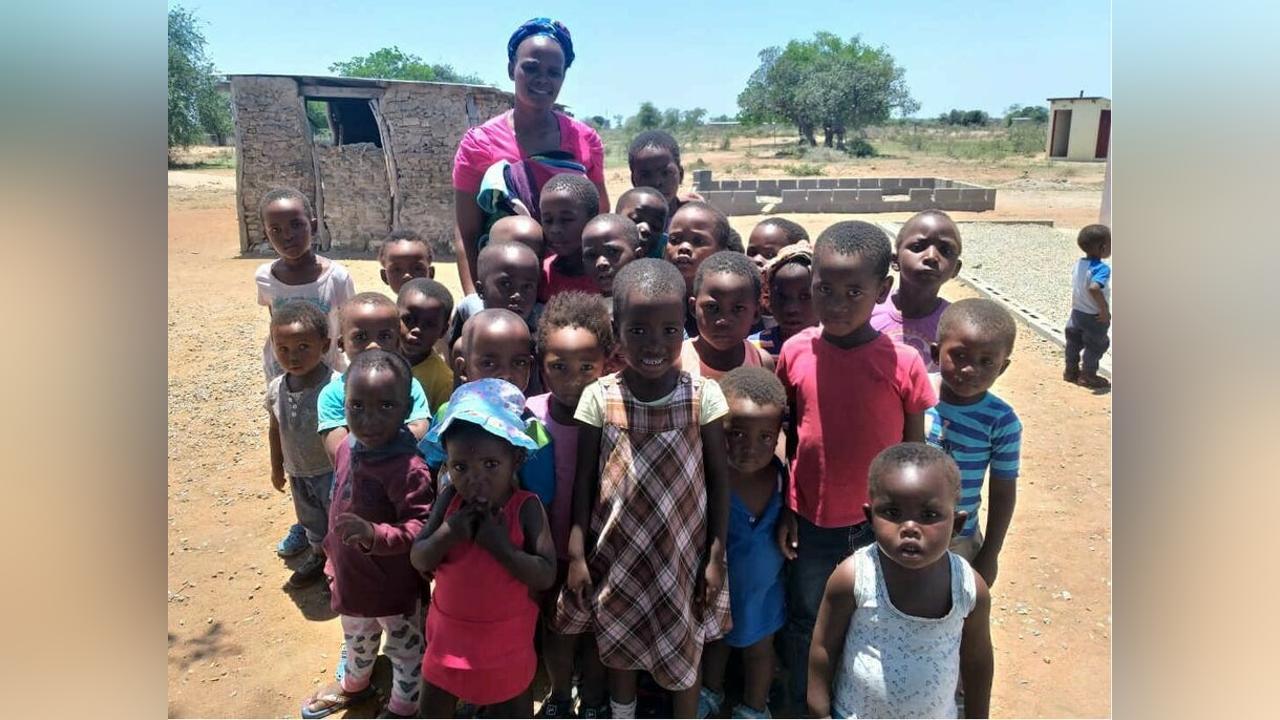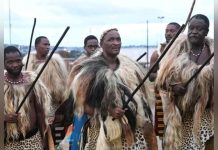Africa-Press – Eswatini. Climate change is putting the health and well-being, nutrition, education, development, survival and future of children and youth at risk.
The IPCC AR6 WGIII warns that without drastic economic and energy changes and limiting warming to 2oC, extreme events for children after 2010 will increase, sea-level rise could force over 200 million people to relocate, stunting growth for 1.4 million children by 2050. The AR6 WGIII clearly states that the risks of inaction on climate change are enormous and that the path forward requires unprecedented change.
The most challenging issues of economic inequality, political power, and social justice must be addressed by people of all ages and genders that’s why the Paris Agreement in its first chapter acknowledges that climate change is a common concern of humankind, Parties should, when taking action to address climate change, respect, promote and consider their respective obligations on human rights, the right to health, the rights of indigenous peoples, local communities, migrants, children, persons with disabilities and people in vulnerable situations and the right to development, as well as gender equality, empowerment of women and intergenerational equity.
It’s the children and young people of today who will face the worst effects of climate change. A political buy in is required to enhance child-centered climate actions for community resilience. collective action including the involvement of young people is crucial.
This statement emphasizes how crucial it is to engage youth and children in climate action. The statement presents and calls for actions to the Heads of State to remain firm and united for Crucial decisions which will build grounds for a re-defined and Africanized Climate Justice for sustainable equity in current and for future generations.
We expect and believe that the Summit outcomes at all costs and efforts reflect the rights of Children in the changing climate, the dreams and aspirations of African youth and the sustainable well-being of the African people. The statement is informed by Voiceless children and Stranded Youth drawn from diverse backgrounds and community groups differently affected by Climate Change.
The statement recognizes the fact that Children and Youth Constitute the community groups facing the brunt effects of climate change. Among others, the reasons for this challenge include limited space for participation in relevant dialogues, planning and decision-making processes.
A few days back, the Non-State Actors Demands and Red-Lines Statement mentioned the realities of special and vulnerable groups in the changing climate, mentioning youth and children as among the groups that need to constitute key topics of concern during the Summit discussions. To this end; We are calling for comprehensive support, encompassing financial, moral, and knowledge-based assistance, to advance our innovations, inventions, and solutions.
Being aware that Climate financing plays a pivotal role in both mitigating and adapting to the effects of climate change, we emphasize the importance of implementing agreements and resolutions established during the 27th Conference of Parties in Egypt. Our call for climate justice and resilience is resolute key and ongoing until every nation and each developed country meets its Pledges. Instead of engaging in the blame game, we seek empowerment to actively contribute to addressing this global challenge.
The African youth possess the energy, readiness, and valuable experiences needed for progress. We demand for Implementation and Enforcement of Investment Requirements to facilitate adaptation actions for resilience building in Africa.
Establishing and enforcing investment requirements and procedures is essential in combatting the repercussions of Climate Change. These requirements create a solid foundation for attracting foreign investment, improved technologies, and financial resources to address climate-related challenges effectively. It is therefore important for African leaders to take the lead in this challenge to accelerate youth and children’s efforts in building self-resilience among vulnerable communities in Africa.
We are calling for Meaningful Participation and Inclusivity in Climate Change Decision-Making tables.
While there is existing youth and Children representation in decision-making bodies and dialogues concerning Climate Change, we call for more meaningful involvement, coupled with the authority to hold decision-makers accountable for their choices. Currently, these roles often remain relegated to the realm of political posturing.
By fostering greater transparency and inclusivity, we aspire to transition from passive observers to active decision-makers and implementers.
We call for African Leaders to Commit to Leverage Indigenous Knowledge and Practices in response to climate change in Africa.
Tanzanian youth recognize that all youth and Children in Africa recognize the value of incorporating local indigenous knowledge and practices into Climate Change strategies and practices. Traditional methods hold insights into sustainable agriculture, resource management, and adaptation. We call for African Leaders to uphold this fact for the integration of indigenous wisdom into climate action plans, respecting local traditions.
We demand that the principle of Common but Differentiated Responsibilities continue to guide African climate action and underpin the common African position
Children and youth have the potential to hold decision-makers accountable but they lack knowledge and skills on how to engage as well as limited space for participation.
For this reason, capacity building in Africa should also focus on Expanding climate education tailored to the African context. Empowering youth and children with knowledge about climate change, its impacts, and solutions is paramount. This includes integrating climate-related topics into school curricula and
Source: News Ghana
For More News And Analysis About Eswatini Follow Africa-Press







